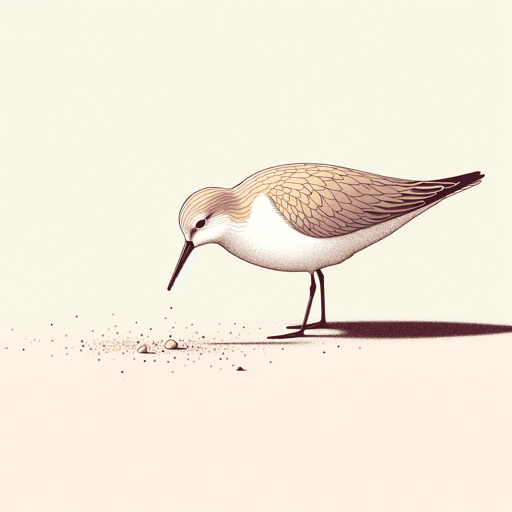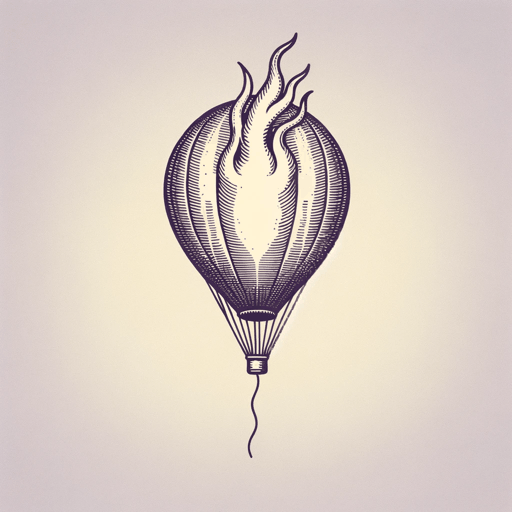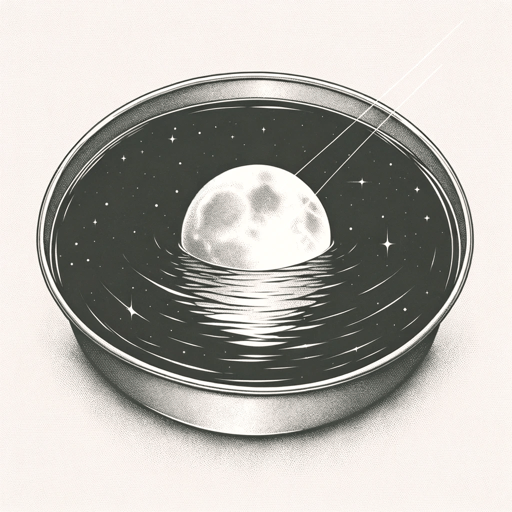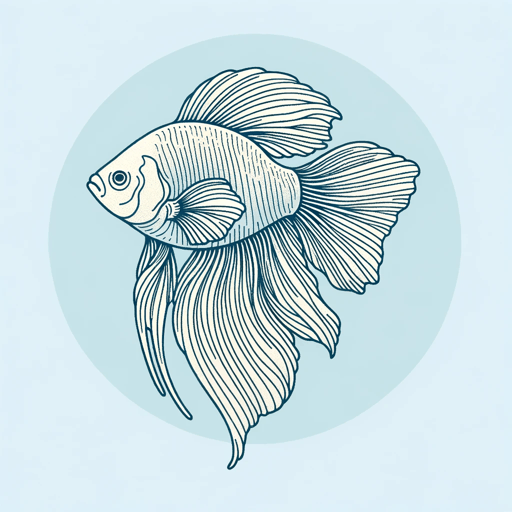20 pages • 40 minutes read
Elizabeth BishopThe Fish
Fiction | Poem | Adult | Published in 1946A modern alternative to SparkNotes and CliffsNotes, SuperSummary offers high-quality Study Guides with detailed chapter summaries and analysis of major themes, characters, and more.
Summary and Study Guide
Overview
“The Fish” was written by American poet Elizabeth Bishop. It was published in her first poetry collection North and South (1946), which received critical acclaim. Bishop wrote many of the poems in this collection while living in Key West, Florida. “The Fish” demonstrates several of Bishop’s trademark characteristics, including a fascination with the natural world, a drive to describe in exacting detail, and a precise yet vivid use of language.
As demonstrated in “The Fish,” Bishop’s mode is one of personal reticence and an intense outward gaze. She disliked discussing both her life and her poetry, and she was adamant about not including private details in her poems. Although Bishop was never aligned with any school of poetic thought or literary movement, she was heavily influenced by the Modernists. This was a good fit for Bishop’s expression, as Modernism emphasized a contemplative remove.
By most standards, Bishop’s output was not extensive. She published 101 poems in her lifetime, across four collections. She worked slowly and preferred to spend time polishing poems, sometimes spending up to two decades on a piece. At times she found this slow-paced method frustrating, and suffered bouts of writer’s block. Despite personal and professional challenges, Bishop became one of the most important figures in 20th-century American poetry. “The Fish” is one of her most widely anthologized poems.
Poet Biography
Elizabeth Bishop was born in Worcester, Massachusetts in 1911. Her early years were marked by loss and displacement; her father died when she was eight months old, and her mother was hospitalized for mental illness when Bishop was five. She was never reunited with her mother, and was sent to live first with her maternal grandparents in Nova Scotia, then with paternal relatives in Massachusetts. Bishop graduated from the Walnut Hills School for Girls in Natick, Massachusetts, in 1930 and began her studies at Vassar College that fall. A talented musician, her concentration was musical composition, but shyness and a dread of public performance, led her to change her major to English Literature. A lover of poetry from childhood, Bishop first published in student-run literary journals, and in1933, she formed a literary journal, Con Spirito, with a group of friends. During her senior year at Vassar, she met the acclaimed poet Marianne Moore, who would become an early mentor. Their friendship lasted until Moore’s death in 1972.
Although Bishop did not consider herself wealthy, an inheritance from her father meant a reliable income that enabled travel and the leisure time to pursue her interests, including art and poetry. In the mid-1930s she visited Europe and lived in France for several years. In 1938 she purchased a house in Key West, Florida. Bishop’s definitive entry into the world of American letters began in the 1940s when she received the prestigious Houghton Mifflin Poetry Prize in 1945 for her first book, North and South. In 1947, Bishop was awarded a Guggenheim Fellowship and met the poet Robert Lowell, with whom she maintained a close 30-year friendship until his death. Bishop was appointed Consultant in Poetry, now known as the U.S. Poet Laureate, at the Library of Congress in 1949.
Bishop lived in Brazil during the 1950’s and 60’s, continuing to hone her craft and receive fellowships, travel grants, and prestigious awards. During this time, she published three more volumes of poetry: Poems: North & South/A Cold Spring (1955), which won the Pulitzer Prize; Questions of Travel (1965), and The Complete Poems (1969), which won a National Book Award. In addition, Bishop published autobiographical stories, travel essays, and translations from Portuguese. She relocated to the US in the last decade of her life, and dwindling funds forced her to accept teaching positions at various universities, including the University of Washington in Seattle, Harvard University, New York University, and MIT. She did not enjoy teaching and argued that creative writing could not be taught, adhering to the belief that wide reading was the best education for a poet. By the mid-1970’s she had settled in Boston. During this period, Bishop won several important and lucrative prizes, including the Harriet Monroe Poetry Award (1974) and the National Book Critics Circle Award (1976). Bishop was the first American and woman to win the Neustadt International Prize for her final volume of poetry, Geography III (1976). She died in Boston in 1979.
Poem Text
Bishop, Elizabeth. “The Fish.” 1946. Poets.org.
Summary
The poem opens with the speaker setting up a narrative: “I caught a tremendous fish” (Line 1). The speaker relays that the catch was an easy one with the remark that “[h]e didn’t fight. / He hadn’t fought at all” (Lines 5-6). They go on to describe the fish’s physical appearance in great detail: “Here and there / his brown skin hung in strips / like ancient wallpaper” (Lines 9-11), at first focusing closely on its skin, then moving along to other striking parts of its body, such as the gills: “the frightening gills, / fresh and crisp with blood, / that can cut so badly” (Lines 24-26).
After describing the exterior of the fish, the speaker begins to imagine the internal, unseen parts of the fish, starting with its “flesh / packed in like feathers” (Lines 27-28), and imagining “the dramatic reds and blacks / of his shiny entrails” (Lines 30-31). When the speaker contemplates the fish’s face, dwelling on its eyes and comparing its face to their own, the reader then learns that the fish is trailing “five old pieces of fish-line, […] with all their five big hooks / grown firmly in his mouth” (Lines 51, 54-55).
The poem shifts from a close examination of the fish to a meditation on the implications of his many previous escapes: the fish has a history, if not a will. The speaker says that “victory filled up / the little rented boat” (Lines 66-67), but they leave open whether the victory is the fish’s or the speaker’s. In a moment of epiphany, the speaker suddenly notices that the motor oil floating on a pool of standing water in the boat has created a rainbow, and it inspires in them a sense of wonder and connection (Lines 69-75). The poem ends with the speaker’s decision to release the fish.
Related Titles
By Elizabeth Bishop

A Miracle for Breakfast
Elizabeth Bishop

Arrival at Santos
Elizabeth Bishop

Crusoe in England
Elizabeth Bishop

Exchanging Hats
Elizabeth Bishop

Five Flights Up
Elizabeth Bishop

Insomnia
Elizabeth Bishop

One Art
Elizabeth Bishop

Sandpiper
Elizabeth Bishop

The Armadillo
Elizabeth Bishop

The Imaginary Iceberg
Elizabeth Bishop

The Moose
Elizabeth Bishop

The Mountain
Elizabeth Bishop

The Shampoo
Elizabeth Bishop

